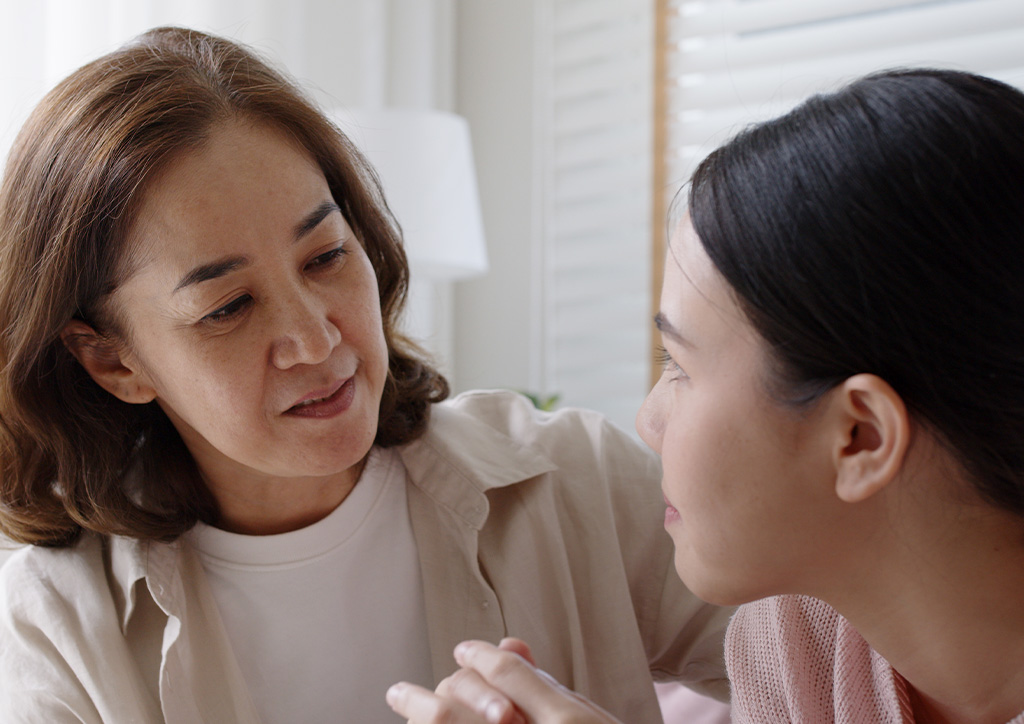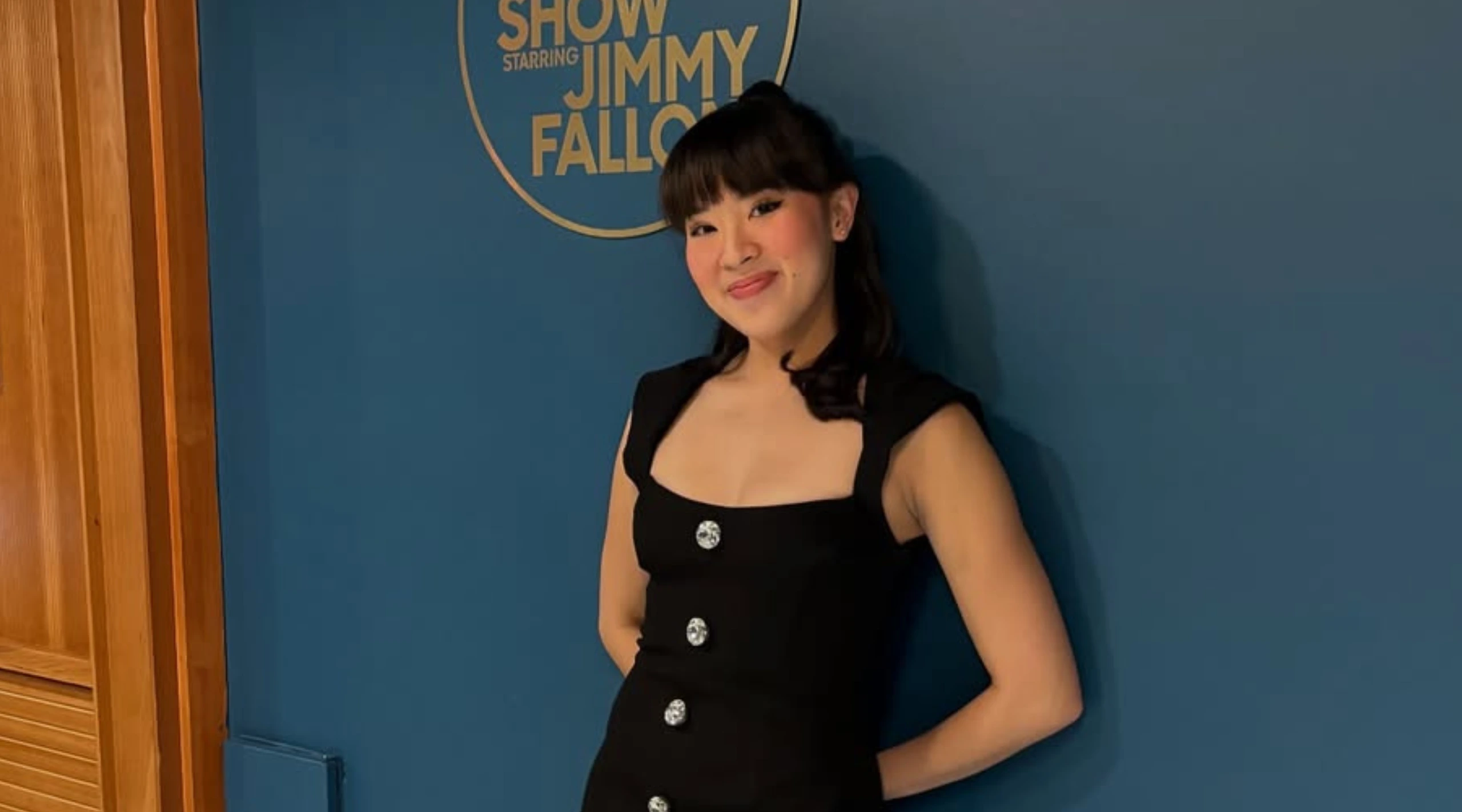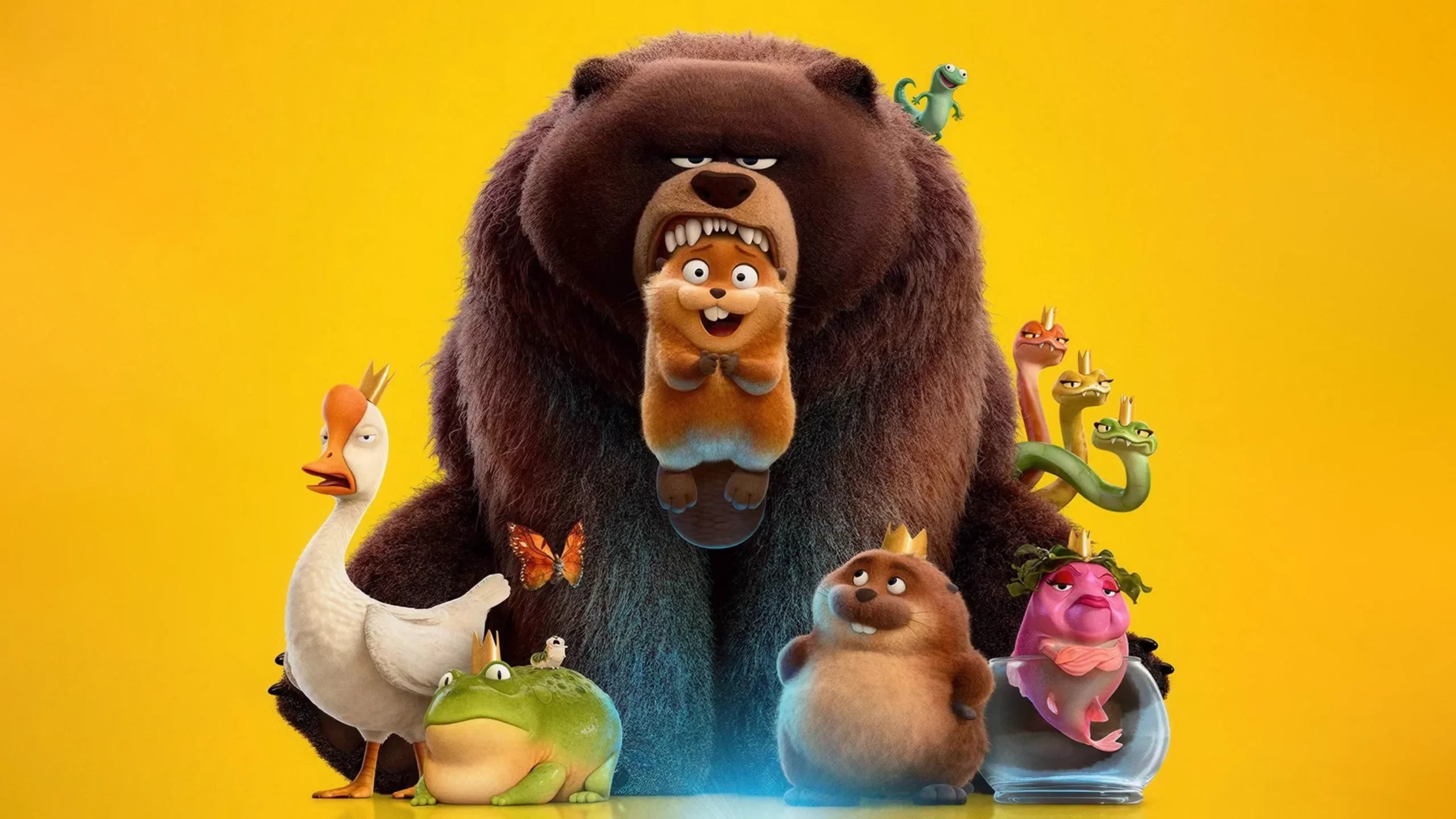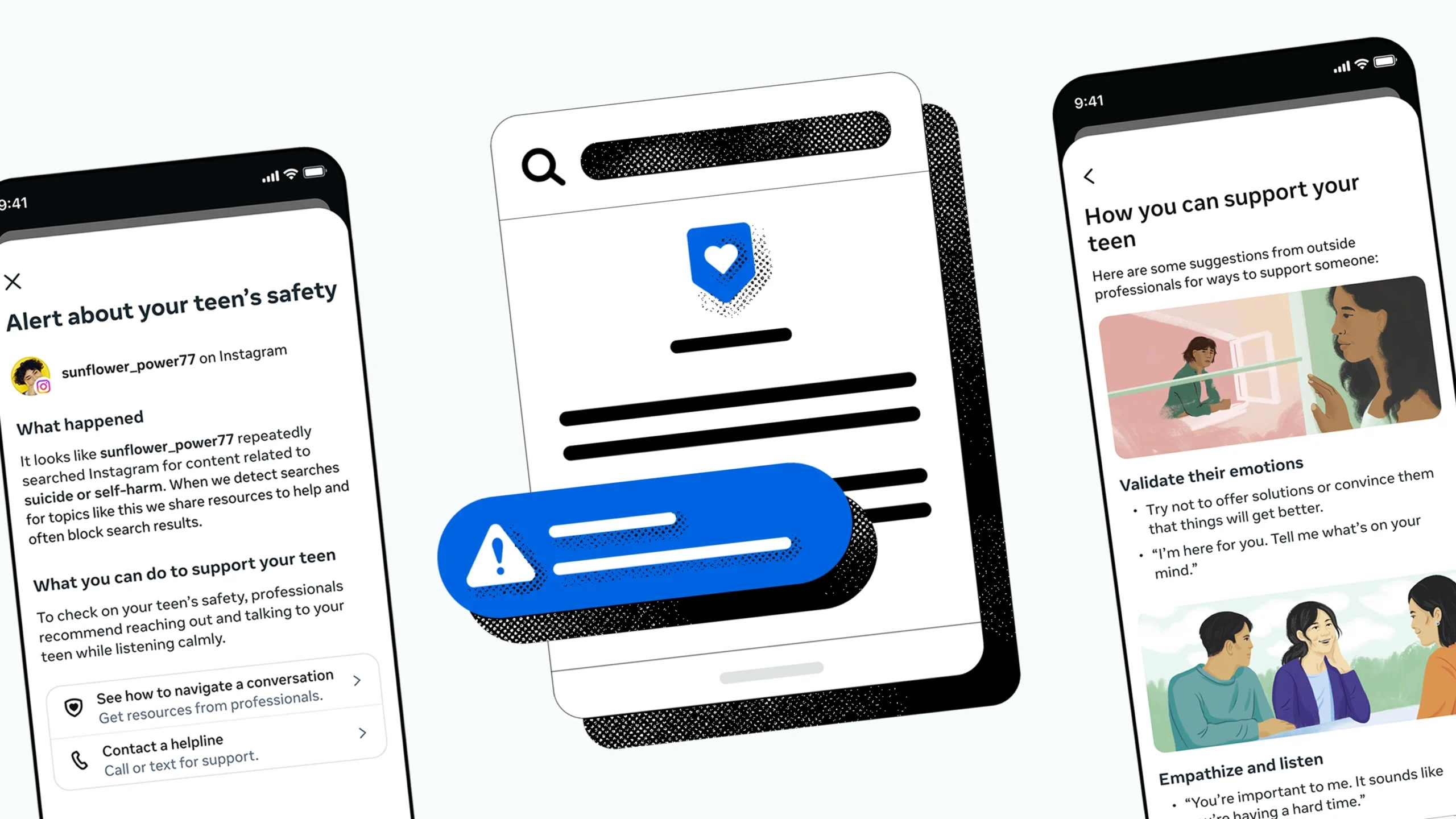Understanding Your Young Adult: What Do We Know
Neither teen nor adult, we now have a new stage in the lifespan that’s known as Young Adult. The question is—what are they?
By law, our kids become adults at 18 years old. But Philippine culture has made it more obvious that there’s a transitioning stage between teen and adult. A lot of us don’t give it a name and we just call our kids by their generation names like millennials, Gen Zs, etc. But studies have discovered a stage wherein a teen is still trying to figure out the ways of adult-ing. We call them young adults.
What do we know about young adults?
What are young adults?

The term “young adult” came from psychologist Arnett last 2016, describing it as a new stage when teens emerge from their teen years and turn into adults. There’s no specific age when it hits. But some say that young adults are usually around 18 to 25 years old. It’s not that obvious in Western cultures since they still follow the culture of kicking their kids out when they’re 18. But here in the Philippines, some of us would love to keep our kids (even if they’re 25 years old) in our houses if we had it our way. Or at least until they’re married.
Neither teen nor adult

As if being awkward as a teen wasn’t enough, this is another awkward stage where our kids will experiment with all sorts of things. From trying the Boracay 15 Shots or playing Axie Infinity to win big in cryptocurrency, they’ll try all of these things in order to grasp what it’s like to be an adult. We probably didn’t experience this stage so much because life was much simpler back then.
Your Millennials were probably the first batch

Sadly, millennials got saddled with a lot of awkward transitions including this stage. They came from a time when dial-up Internet, VHS, cassette tapes, and phones the size of ice shavers were slowly replaced by the smartphones and tablets we know today. But coming from a transition era does have its pros and cons. Like, your young adults will probably know how to handle both the famous Nokia 3310 and the latest iPhone. Sadly though, identity crises can set in especially during a pandemic when there aren’t many options to play and experiment with.
How can we help them?

Since they’re not adults, we might have to intervene every now and then. But they’re not exactly teens either so we need to be careful about being “too-in-their-face”. It’s about keeping communication open and managing our expectations. At times, we can forget that we had a lot less technology and were more black and white about some issues. Whereas, today, our young adults are aware of mental health and many other issues because of how fast technology has grown in the last decade.
There’s no perfect formula to parenting a young adult

Our kids may have inherited some of our personalities but they also have their own identities. We probably had this phase too but perhaps it wasn’t so obvious. Although our own parents may have made mistakes when we had this phase, it’s better to take the good and leave the bad. In understanding and raising our young adults, we just want to make the change a little less awkward so they’ll be more confident in themselves.
Trying to understand your young adult? Here are more stories!
Your Kids Just Graduated! Now What?
What We Need To Know If Our Kids Want a Master’s Degree
Mental Health and Filipino Families: We Need To Talk









